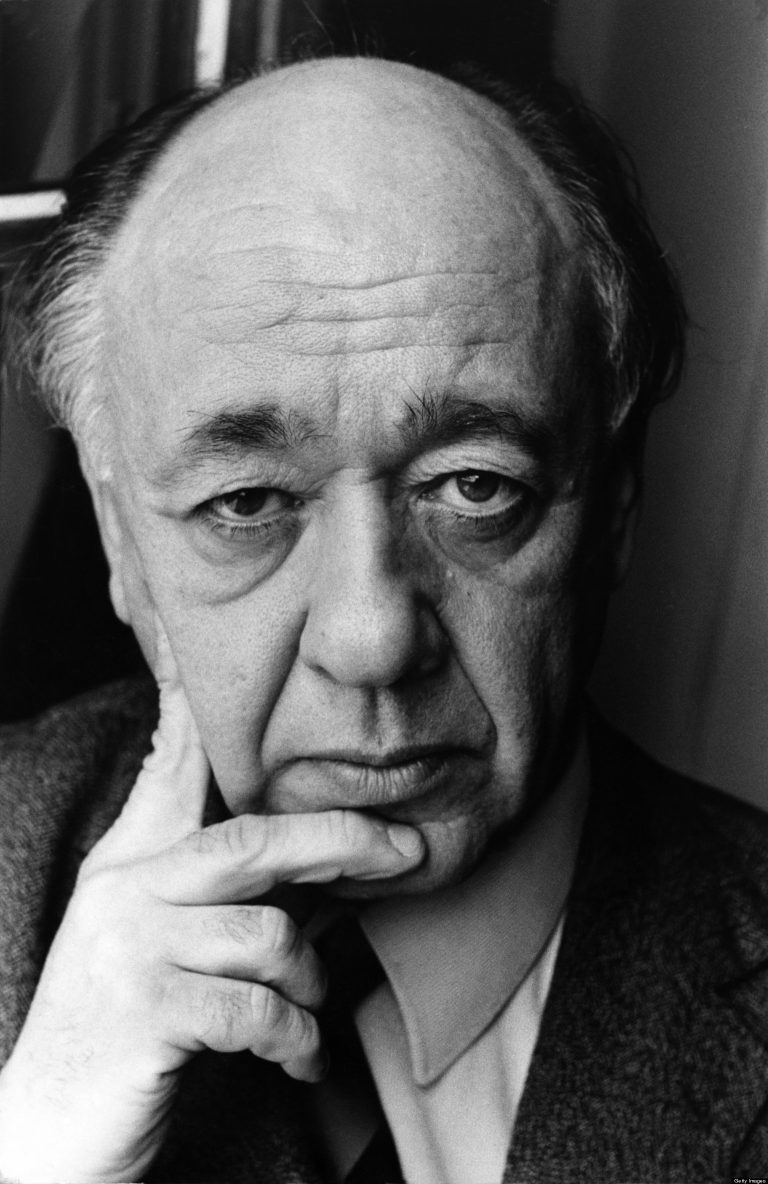Date of Birth: November 26, 1909
Zodiac Sign: Sagittarius
Date of Death: March 28, 1994
Biography
Eugène Ionesco, born Eugen Ionescu, was a Romanian-French playwright and one of the foremost figures of the French avant-garde theater. Born on November 26, 1909, in Slatina, Romania, he spent his early years in France before moving back to Romania. Ionesco later returned to France, where he became a central figure in the Theatre of the Absurd, a movement that emerged in the 1950s and 1960s. His works often explore themes of existentialism, the absurdity of human existence, and the futility of communication. Ionesco’s first play, “The Bald Soprano,” premiered in 1950 and is considered a seminal work in the Theatre of the Absurd. This was followed by other notable plays such as “The Lesson,” “The Chairs,” and “Rhinoceros.” His plays are characterized by their satirical, often grotesque portrayal of human society and its institutions. Ionesco’s innovative use of language and his ability to blend the tragic with the comic earned him a significant place in modern theater. He was elected to the Académie française in 1970, an honor that marked his influence and contribution to French culture. Ionesco passed away on March 28, 1994, in Paris, France, leaving behind a legacy that continues to influence playwrights and theater practitioners worldwide.
5 Interesting Facts about Eugene Ionesco
1. Eugène Ionesco initially wrote poetry and a novel before turning to playwriting.
2. His play “Rhinoceros” is often interpreted as a critique of totalitarianism and conformity.
3. Ionesco was deeply influenced by the works of Alfred Jarry and the Dada movement.
4. He was awarded the Austrian State Prize for European Literature in 1970.
5. Ionesco was one of the first playwrights to be inducted into the Académie française for his contributions to literature.
5 Most Interesting Quotes from Eugene Ionesco
1. “A work of art is above all an adventure of the mind.”
2. “It is not the answer that enlightens, but the question.”
3. “Ideologies separate us. Dreams and anguish bring us together.”
4. “The human drama is as absurd as it is painful.”
5. “Nothing is less real than realism. Details are confusing. It is only by selection, by elimination, by emphasis that we get at the real meaning of things.”
Highest Net Worth Achieved
While specific figures regarding Eugène Ionesco’s net worth are not readily available, his significant contributions to literature and theater, along with his recognition and awards, suggest he achieved considerable success and recognition in his lifetime.
Children
Eugène Ionesco had one daughter, Marie-France Ionesco, who played a role in preserving and promoting his literary legacy.
Relevant Links
1. [Biography on Britannica](https://www.britannica.com/biography/Eugene-Ionesco
3. [Eugène Ionesco’s works on Project Gutenberg](https://www.gutenberg.org/author/Ionesco,Eugène
4. [Analysis of Ionesco’s Plays](https://www.theguardian.com/stage/eugene-ionesco

